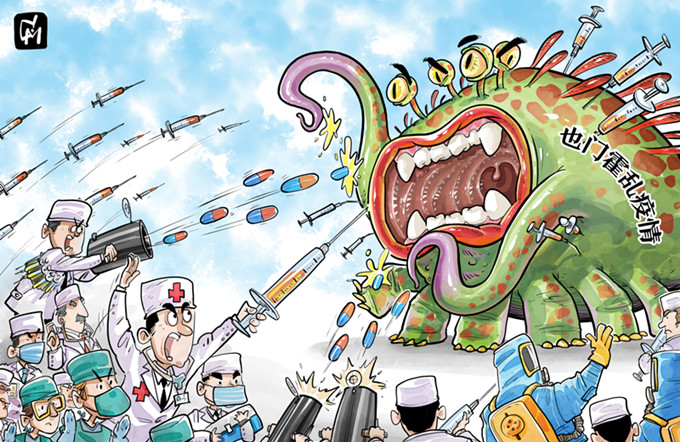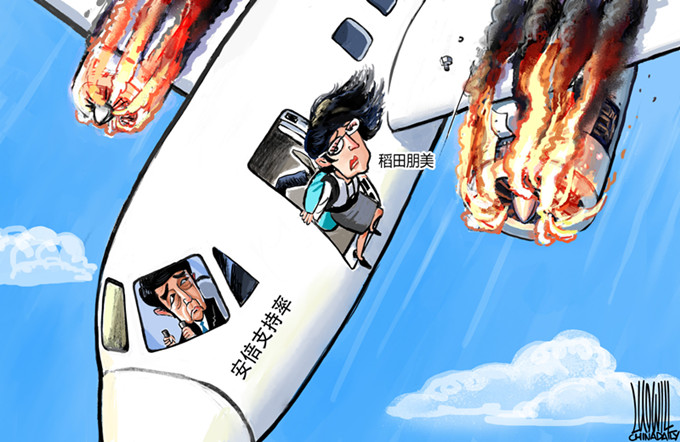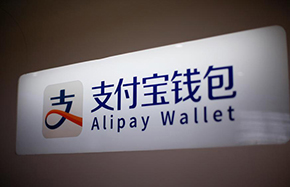Ward off capital risks
The yuan keeps rising, inter-bank rates have shot up, and foreign exchange purchases have slumped, such conflicting trends have caused worries among puzzled China watchers. But are such fears justifiable?
The yuan hit new highs on Monday in terms of the official central parity rate, rising to 6.1598 against the US dollar before edging down on Tuesday. It has risen by more than 2 percent since the start of this year.
While the economic fundamentals are out of line with the currency appreciation momentum, the fast pace of yuan revaluation is also in contrast to the money market conditions. The interest rates that Chinese banks charge each other for short-term loans unexpectedly surged recently, indicating a sudden liquidity shortage that demands central bank intervention.
New foreign exchange purchases, which are a main gauge of money inflows, also slumped to 67 billion yuan ($10.9 billion) in May, compared with nearly 300 billion yuan in April.
The stock market, meanwhile, has also shown prolonged weakness in recent trading days.
Some analysts have said the diverging trends of yuan appreciation and liquidity tightness show that the attraction of the rising yuan to foreign capital is on the wane and there could be an unaffordable capital exodus that results in a hard landing for the Chinese economy.
Admittedly, some international capital is flowing out of the emerging-market economies, including China, due to the sustained improvement in the economic fundamentals of the United States. Despite a capital drain, the world's second-largest economy remains capable of handling it given its sound fundamentals.
The Chinese economy continues to expand at more than 7 percent, a rate that is the envy of many other countries and its exports continue to grow, while its consumption remains resilient.
More importantly, it has ample foreign exchange reserves - $3.44 trillion by the end of March - to ward off the risks of a large-scale capital exodus.
China is undoubtedly facing multiple challenges. For example, local government debts, coupled with shadow banking, are putting its financial stability at risk. Rising housing prices also serve as a Sword of Damocles over its economic stability.
It is advisable for policymakers to closely monitor the international capital market changes. Still, it is premature to worry about any immediate dangers from capital outflows.



















